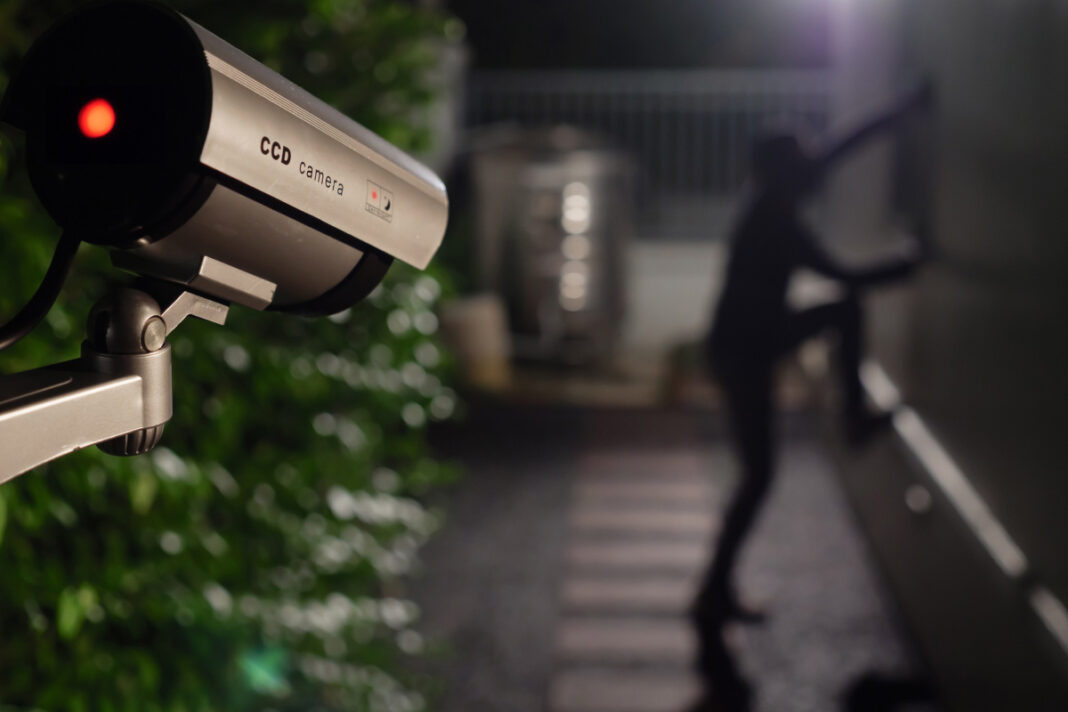Identity thieves constantly seek opportunities to exploit vulnerable individuals. Unsecured documents or devices, even minor oversights, can give them the necessary access. Additionally, now that the world is becoming more digital, most individuals’ data is available online. Taking proper security measures is, therefore, now more important than ever. Fortunately, individuals can take several effective precautions to safeguard their personal information and protect themselves from identity theft.
Keep All Sensitive Documents in a Safe Place
Identity theft prevention starts with the simple practice of protecting personal information. Some of the most sensitive information about an individual is printed on their personal documents, such as a Social Security card, Medicare card, and bank account statements. Keeping these secure from identity thieves should, therefore, be the number one priority for people.
For starters, individuals should avoid carrying their Social Security card and Medicare card in their pocket or wallet, as they can be easily stolen. Rather, it is better to keep those cards safely at home, in a place that is not easily accessible to anyone else.
Likewise, they must keep sensitive records such as tax forms and bank statements in a safe place and shred them when they are no longer needed.
Keep All Devices Secure
In this tech-savvy world, an individual’s sensitive data is no longer limited to physical documents. Most individuals store personal data on smartphones, computers, and even work laptops. Ensuring protection from identity fraud also involves securing these devices.
It is essential to keep their software up to date to keep phones and computers safe from hackers and online identity theft. These updates are best not delayed since they include important security patches that make them less vulnerable to cyberattacks. Individuals should also keep passwords or screen locks for these devices so their access is secured. Installing antivirus software on the devices can also help protect them from malware and phishing attacks.
Apart from phones and computers, individuals must secure their home WiFi networks with a strong password. This precaution helps keep cyber attackers from stealing data from the devices connected to those networks.
Follow Certain Password Practices
Securing online identity is also one of the most important aspects of avoiding identity theft. To ensure that security, it is crucial for individuals to set strong passwords for all their online accounts. A password is the first line of defense for an account, so individuals leave their accounts vulnerable if it is weak. A “strong” password contains a combination of letters, numbers, and special characters. It is also in an individual’s best interest to avoid setting predictable passwords, like the ones containing their birthdays or names.
Along with that, it is also essential to set a different password for every online account. This is because if attackers access the password, all accounts become vulnerable to online attacks. It is understandable that remembering passwords, especially with special characters, can be tough. However, in such cases, individuals must avoid writing down their passwords on notes or pieces of paper because doing so makes them accessible to strangers. Instead, they can consider using password managers. These are tools that can securely store all passwords. The tool itself is locked with a PIN or a password, but now all one has to remember is the access code for the tool. The rest of the codes can be accessed from the password manager.
Practice Mindful Social Media Usage
This important tip for identity theft prevention often goes overlooked. Sharing too much personal information, such as full birthdates, hometowns, and phone numbers, on social media can make it easier for identity thieves to answer security questions and get access to accounts. So, individuals must carefully scrutinize the pictures and other details they are about to post and mask or erase things that identity thieves can misuse. They can also change the privacy settings of their post so they are only visible to selected people.
Besides that, being wary of strangers on social media is also advisable. Avoid accepting friend requests from unknown individuals, and be cautious when talking to anyone outside the known circle.
Be Wary of Suspicious Phone Calls
An important security measure for preventing identity theft is being cautious of unsolicited or suspicious phone calls. Scammers often impersonate banks, government agencies, or service providers to trick individuals into revealing personal information like Social Security numbers, account details, and passwords. It is advisable not to share sensitive data over the phone unless the caller’s identity is verified. And even in that case, giving out passwords on phone calls is always a no-no.
Keep an Eye on Bank and Credit Card Statements
Along with maintaining all the security measures, it is also important for individuals to keep an eye out for some clear signs of identity theft. For instance, regularly reviewing bank and credit card statements can help detect any unauthorized or suspicious transactions early. These include unfamiliar purchases, unexpected withdrawals, or charges from unknown vendors. Chances are, these are transactions carried out by fraudsters and should be reported at the earliest.


